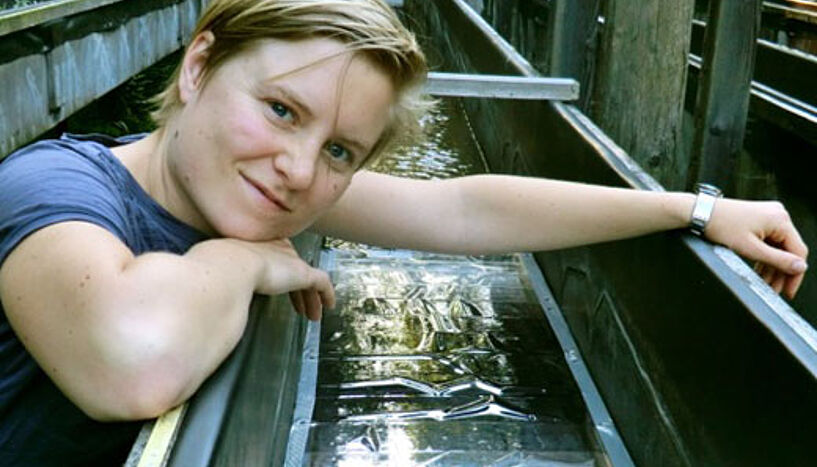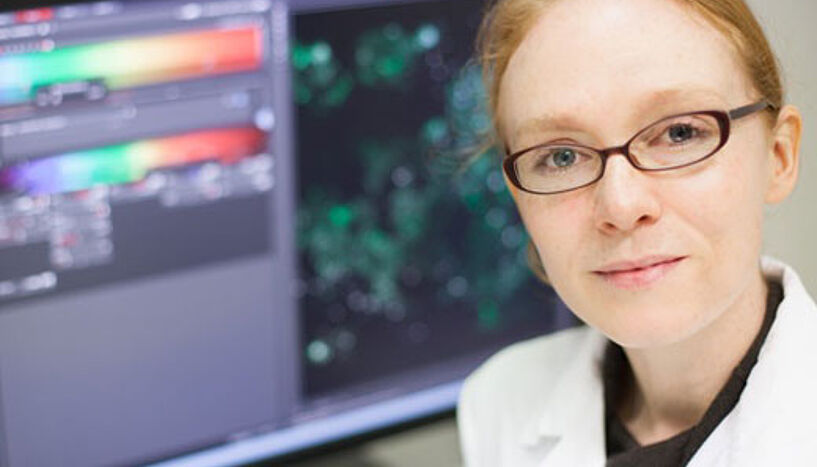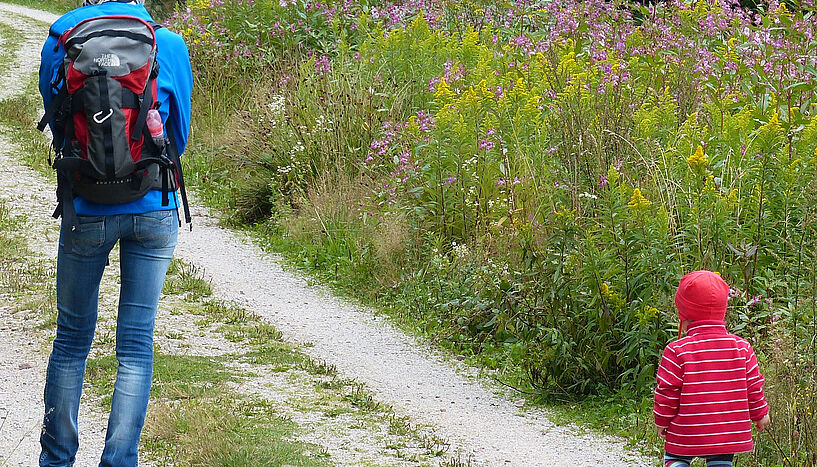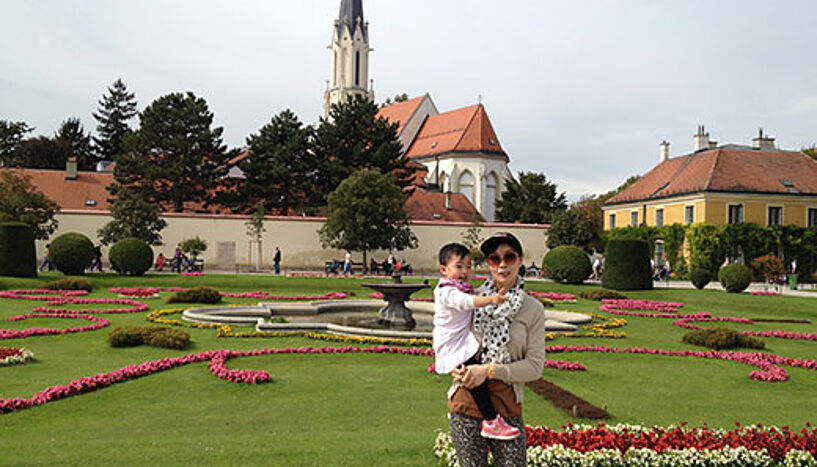Mia Bengtsson: "Structure the working day differently"
| 21. März 2014
The microbiologist Mia Bengtsson received a Back-to-Research Grant.
"I wanted to be able to see and experience the things that are invisible because they are so small", says the microbiologist Mia Bengtsson who received a Back-to-Research Grant and works at the Department of Limnology and Oceanography of the University of Vienna.
Why did you study microbiology?
Mia Bengtsson: I chose to study biology because I enjoy being outdoors and I wanted to understand how nature works. Eventually I became the most fascinated by microbiology because I wanted to be able to see and experience the things that are invisible because they are so small.
What was the biggest challenge on your journey so far?
Bengtsson: The first couple of sentences of every manuscript have all been very difficult to produce. I think it's important to divide work into small pieces when the end product is difficult to see and the work ahead feels like too much.
What are the difficulties in entering the scientific work after maternity leave again?
Bengtsson: The feeling of having missed some of the new developments in the field and having forgotten important details of the project one is working on. It is also necessary to structure the working day differently when less time is available, which takes some getting used to.
Back-to-Research Grant: The grant provides support for researchers writing applications for research projects that serve their career development and/or writing/completing publications. The target groups are female Post-doctoral researchers without a long-term contract (or who came to Vienna from abroad and are looking to restart/continue research), from the fields of Earth Sciences, Geography and Astronomy, Life Sciences, Mathematics, Computer Science, Physics and Chemistry, who reduced or interrupted their academic research in the past five years in order to care for their child/children.
Why did you apply for the Back-to-Research-Grant?
Bengtsson: I want to publish the remaining results from my Marie Curie-Project and I also plan to write a review paper on the topic that I have been studying during my time in Vienna, which is about so-called "priming effects" in aquatic ecosystems. I will write an FWF grant application to study the interactions between bacteria and algae in stream biofilms, as a follow-up based on results from my Marie Curie-Project.
What are your plans for the future?
Bengtsson: I would like to learn more about interactions between algae and bacteria, especially in biofilms, and I hope to lead a research group studying different aspects of this topic within the near future.
Should women be specifically promoted in science?
Bengtsson: I think that it is still necessary to support women a bit extra, because they are still falling behind because of family-related issues and the expectations that rest upon them as mothers. But I think it is at least as important to encourage and support men to take more time and responsibility for their children.
Mia Bengtsson came originally from Stockholm, Sweden, where she completed her master degree. She moved to Bergen in Norway to pursue a PhD on her dream topic: Microbial biofilm communities associated to seaweeds. "During my PhD work I became familiar with the research of Professor Tom Battin in Vienna and I contacted him about doing a Postdoc in his lab. I was awarded a Marie Curie Individual Fellowship to join his lab and study stream biofilms and their role in carbon cycling", says the microbiologist Mia Bengtsson who works at the Department of Limnology and Oceanography of the University of Vienna.



